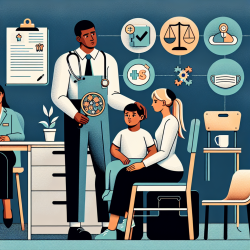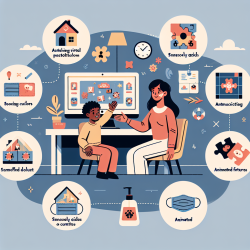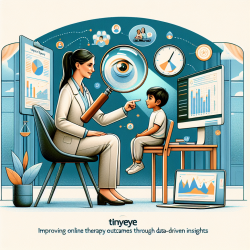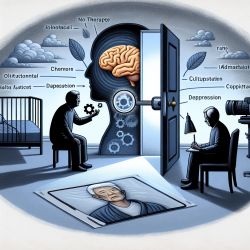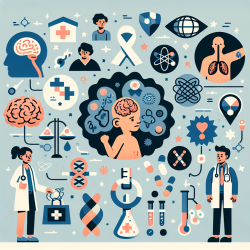Introduction
As a Special Education Director, staying abreast of the latest research and methodologies is crucial for enhancing the quality of education and therapy services provided to students with special needs. The ACMT 2020 Annual Scientific Meeting Abstracts present a treasure trove of research findings that can be leveraged to improve therapeutic practices in school settings. One such study, titled "Efficacy of Oral Sodium Thiosulfate for Acute, Severe Oral Cyanide Toxicity in Swine," offers insights that can be adapted to address staffing shortages and improve therapy delivery in schools.
Understanding the Research
The study hypothesized that oral sodium thiosulfate could significantly improve survival rates in cases of severe oral cyanide toxicity. Although the research was conducted on swine, the implications of these findings extend beyond the immediate context. The study highlights the importance of timely and effective intervention, which is directly applicable to the field of special education therapy.
Implementing Research Outcomes
Here are some actionable steps to incorporate the research outcomes into your practice:
- Timely Intervention: Just as the study emphasizes the importance of timely administration of sodium thiosulfate, ensure that your therapy sessions are scheduled promptly and consistently. This can help in addressing issues before they escalate, much like early intervention in medical emergencies.
- Resource Allocation: Consider reallocating resources to ensure that therapy sessions are adequately staffed and that therapists are not overwhelmed. This can be achieved by hiring part-time therapists or utilizing teletherapy services, similar to how the study suggests alternative methods for treatment.
- Continuous Training: Regularly update your staff on the latest research findings and therapeutic techniques. This can be facilitated through webinars and workshops, drawing parallels to the continuous learning required in medical toxicology.
Encouraging Further Research
While the study provides valuable insights, it's essential to encourage further research to tailor these findings to the educational context. Collaborate with research institutions to conduct studies that explore the application of medical research in educational settings. This can lead to the development of innovative therapy techniques that are evidence-based and highly effective.
Conclusion
The ACMT 2020 Annual Scientific Meeting Abstracts offer a wealth of knowledge that can be adapted to improve therapy services in special education. By implementing timely interventions, reallocating resources, and encouraging continuous training and research, you can enhance the quality of therapy provided to students with special needs. To delve deeper into the original research, please follow this link: ACMT 2020 Annual Scientific Meeting Abstracts – New York, NY.
